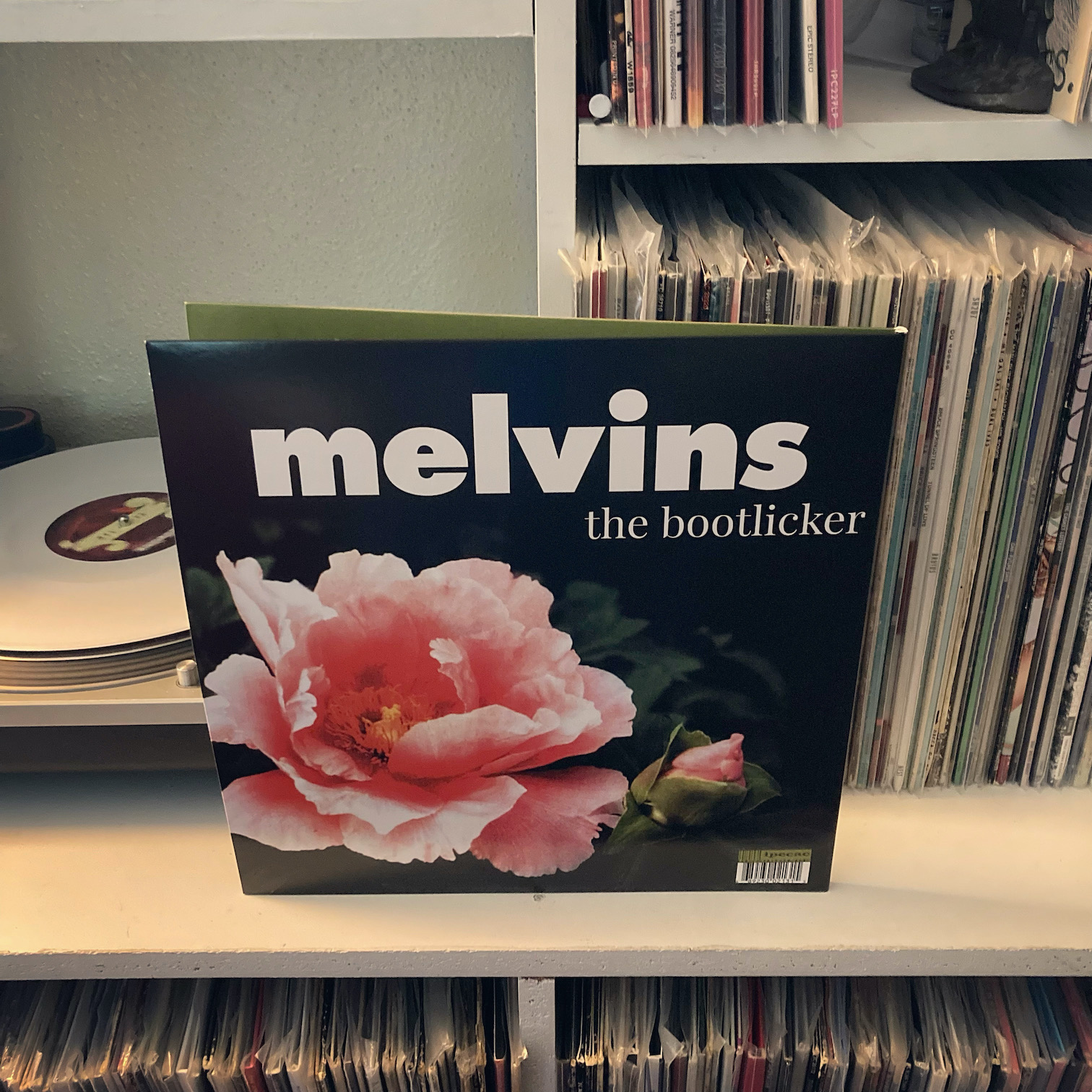
Chat Pile doesn’t sound like it would sound very good on paper: sludge punk guitars, 80s-style drum production, and scuzzy bass lines ripping beneath spoken-word diatribes about systemic poverty, grief, critiques of organized religion, and drug-induced hallucinations of Grimace, the McDonald’s character, smoking weed.
To be honest, I’m not sure it sounds that good off of paper either. There’s not much here that sounds beautiful by conventional standards.
But for all its ugliness, there is a power here that cuts through its lack of listenability and lack of hooks and grasps your attention anyway. And if you let it take you, you’re in for quite a ride.
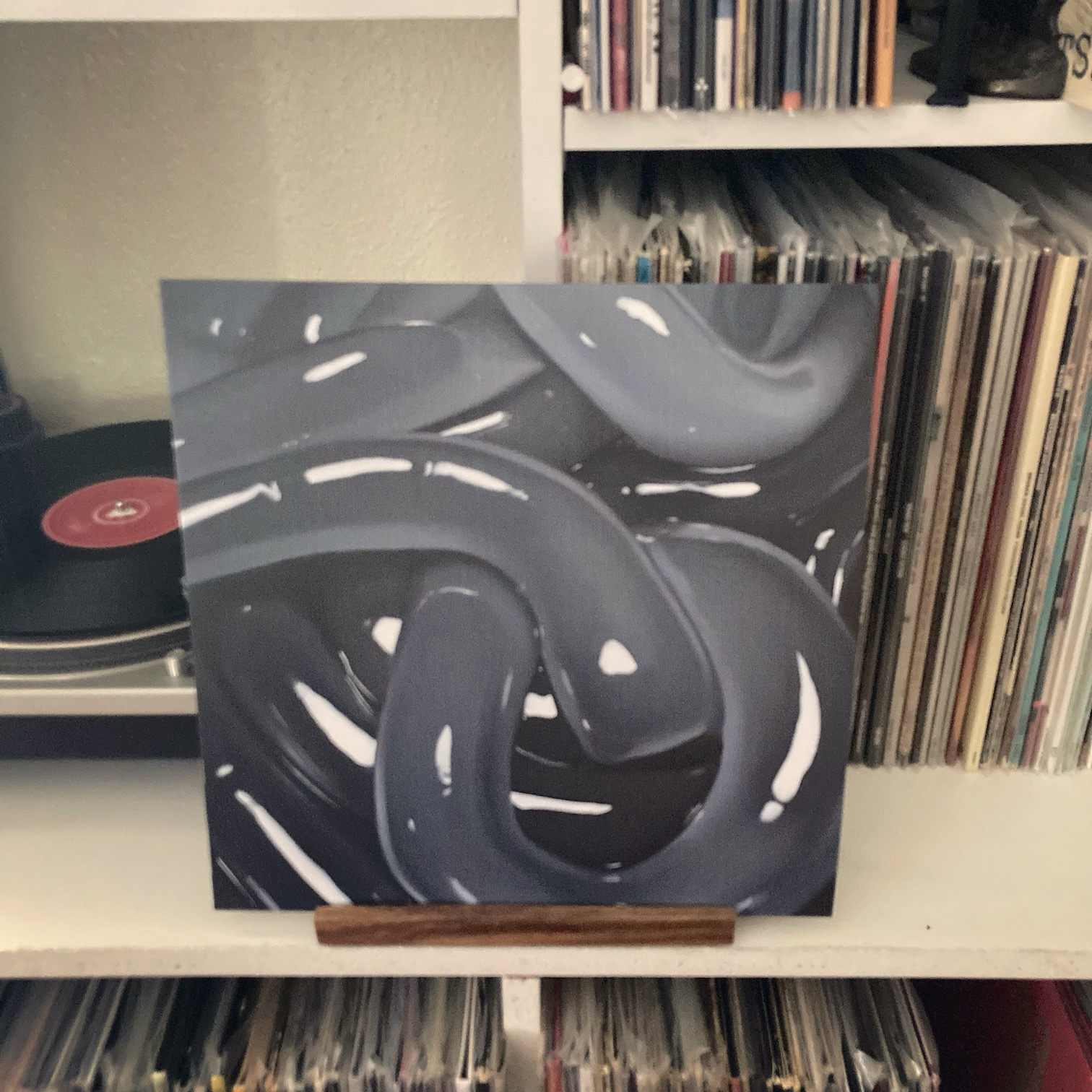
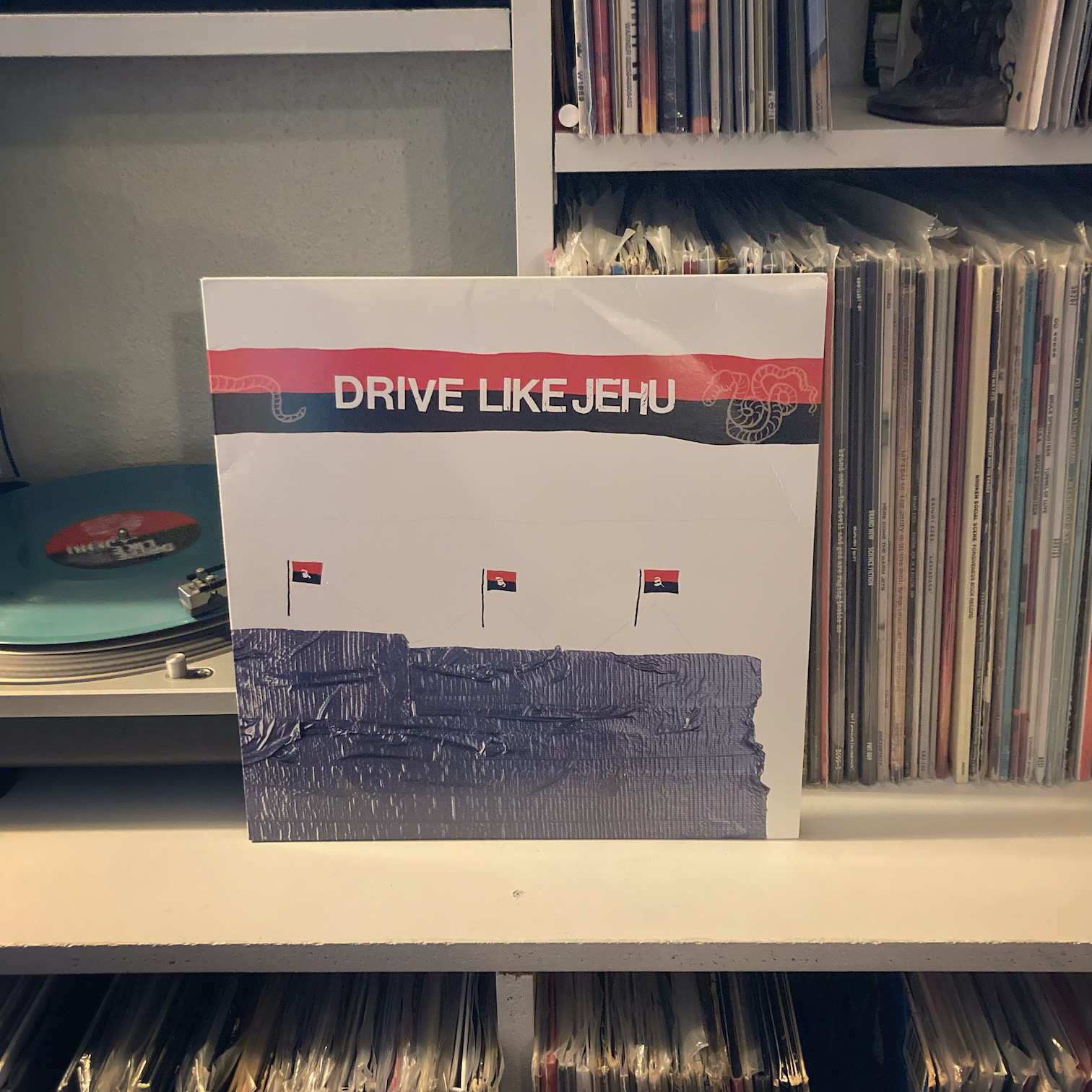
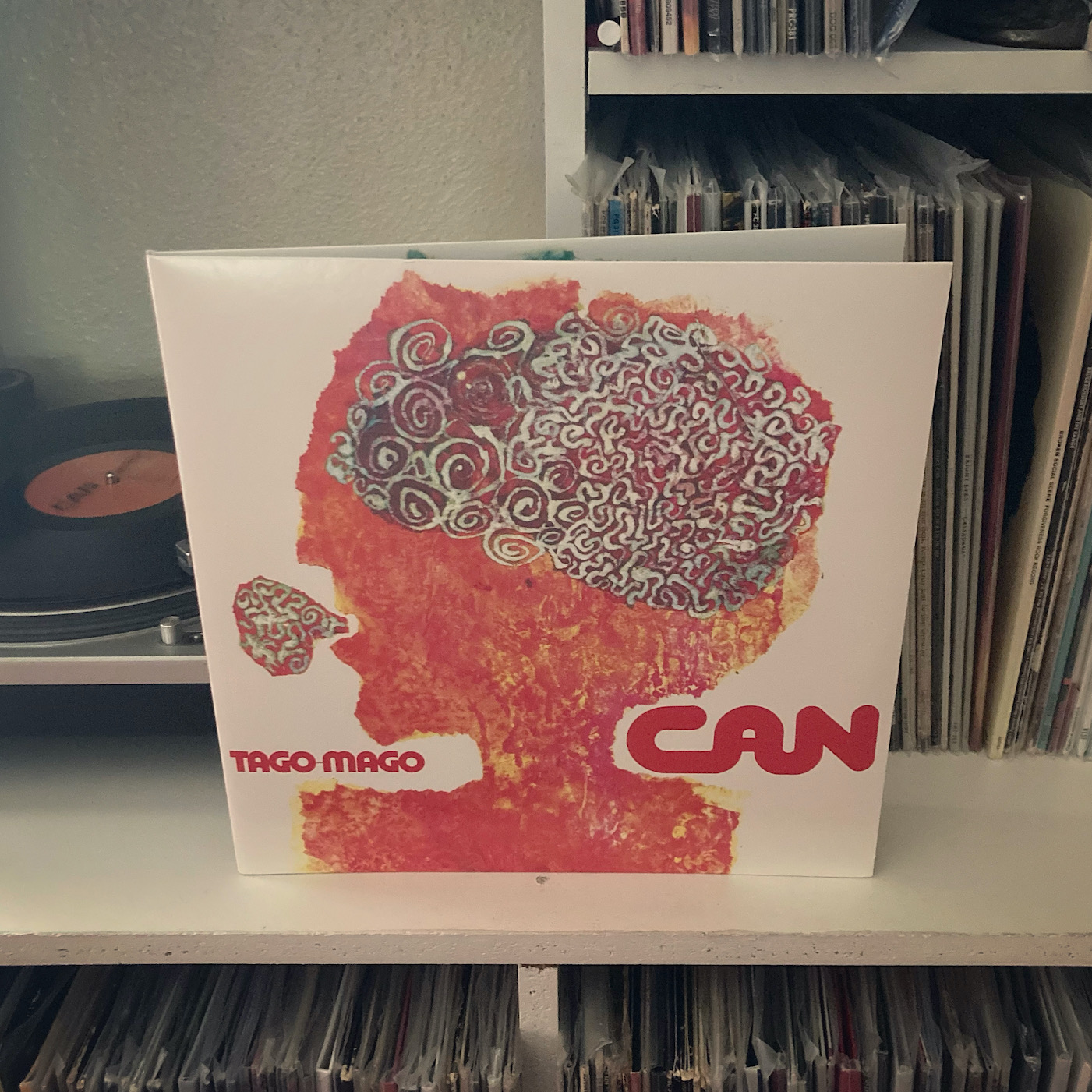 Few musical movements are as weird, wonderful, and influential as Krautrock, a collection of West German bands in the 1970s that pushed the boundaries of what music could actually do to its extremes. The movement had an incredible influence on post punk, progressive rock, new age, shoegaze, and the birth of post rock. The shape of modern, electronic leaning pop music can be traced back to Krautrock, specifically the synthpop pioneers
Few musical movements are as weird, wonderful, and influential as Krautrock, a collection of West German bands in the 1970s that pushed the boundaries of what music could actually do to its extremes. The movement had an incredible influence on post punk, progressive rock, new age, shoegaze, and the birth of post rock. The shape of modern, electronic leaning pop music can be traced back to Krautrock, specifically the synthpop pioneers 
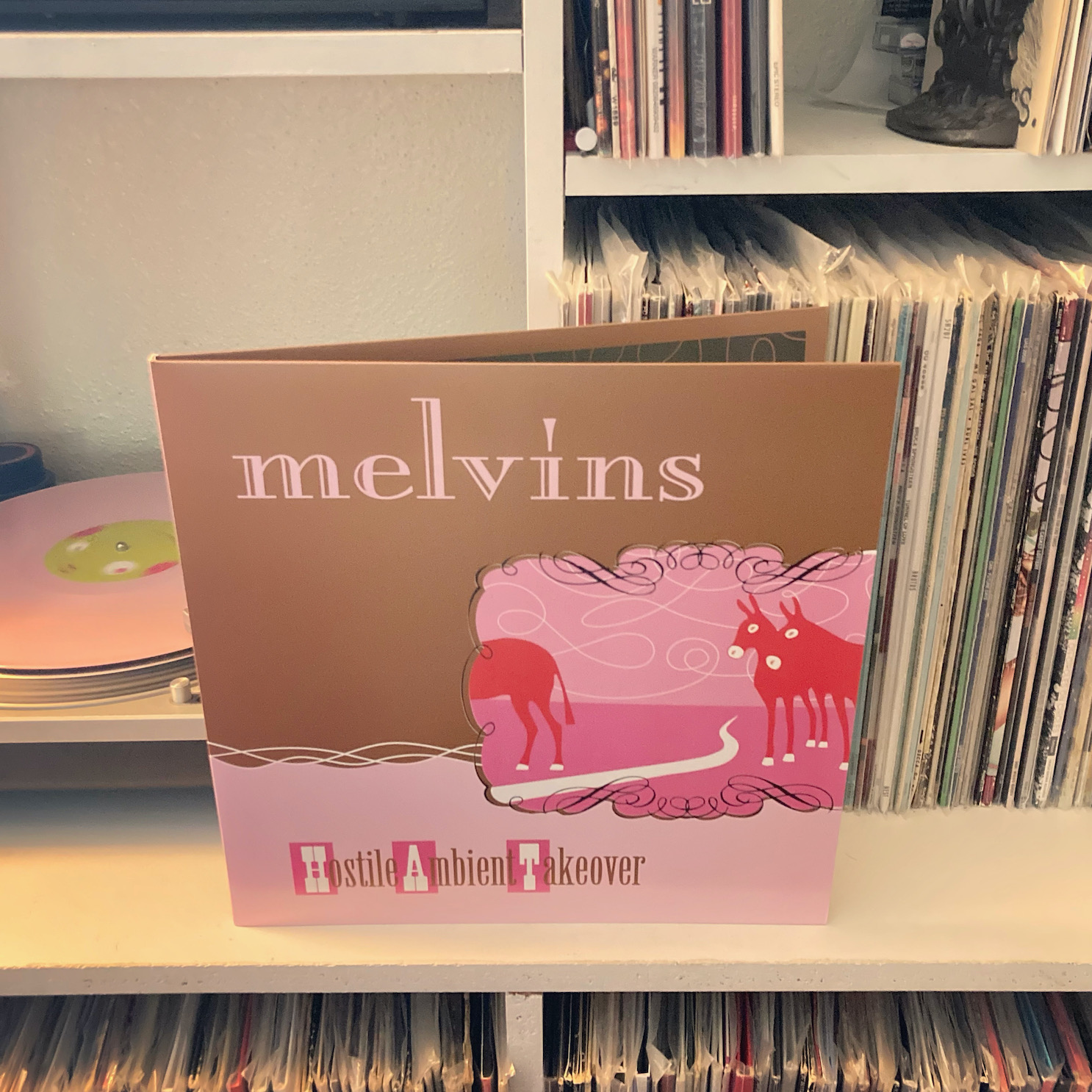 A couple posts ago, I made a vague parenthetical statement about whether there has ever been an album that has encapsulated the full essence of Melvins. I suggested that The Trilogy—the three-album run of The Maggot’s sludge-doom, The Bootlicker’s avant-pop, and The Crybaby’s covers and collaborations—might have been the closest they’ve ever gotten to offering up a concise CV.
A couple posts ago, I made a vague parenthetical statement about whether there has ever been an album that has encapsulated the full essence of Melvins. I suggested that The Trilogy—the three-album run of The Maggot’s sludge-doom, The Bootlicker’s avant-pop, and The Crybaby’s covers and collaborations—might have been the closest they’ve ever gotten to offering up a concise CV.